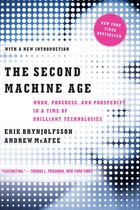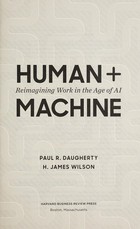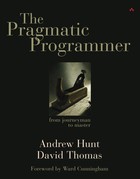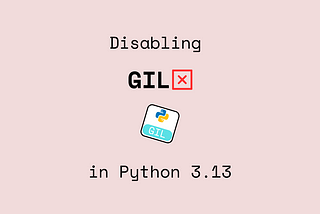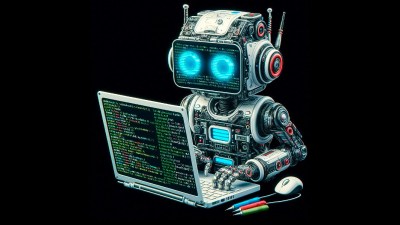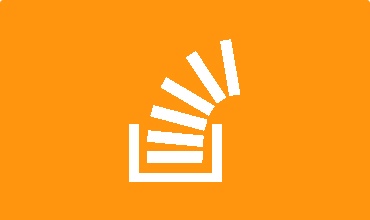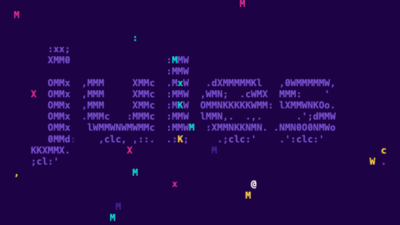
The landscape of software development is experiencing a seismic shift. Google's recent launch of Jules, an asynchronous AI coding agent, represents more than just another tool in the developer's arsenal—it signals a fundamental transformation in how we conceptualize the act of programming itself.
The Promise of Hands-Off Development
Jules operates on a compelling premise: developers describe what they want, and the AI handles the implementation. The workflow is elegantly simple—connect your GitHub repository, write a detailed prompt, and watch as the AI clones your code to a cloud VM, develops a plan using Gemini 2.5 Pro, and presents you with a diff for approval. Once approved, it creates a pull request, complete with an audio summary of the changes.
This asynchronous approach to coding represents a philosophical departure from traditional development. Instead of the immediate feedback loop of writing, testing, and iterating code in real-time, we're moving toward a model where human intent is translated into implementation through AI intermediaries.
The Great Pricing Race to Zero
What's particularly striking about the current AI coding agent landscape is the dramatic price compression we're witnessing. The market has moved from premium tools costing hundreds of dollars monthly to Google offering Jules completely free during its beta phase. This mirrors Google's historical strategy with search and other services—capture market share through free offerings, then monetize once dominance is established.
This race to zero has profound implications. Only tech giants with massive infrastructure and diverse revenue streams can sustain free offerings long-term. Smaller competitors will struggle to match this pricing, potentially leading to market consolidation.
The Automation Paradox
There's an interesting tension in how these tools are marketed versus how developers actually experience coding. While promotional materials often frame coding as a chore to be automated away—showing images of leisure activities like gaming and cycling—many developers find deep satisfaction in the creative problem-solving aspects of programming.
This raises fundamental questions about the nature of software development work. Are we automating away the tedious parts to focus on higher-level thinking, or are we gradually delegating the core creative aspects of our profession?
Technical Limitations and Trade-offs
Despite the impressive capabilities, current AI coding agents face significant practical limitations. Cloud-based execution environments, while convenient for simple tasks, struggle with complex local development setups. Many projects rely on bespoke build scripts, specific environment configurations, and intricate toolchains that don't translate well to standardized cloud VMs.
The asynchronous nature, while marketed as a feature, also introduces friction. Traditional development workflows are asynchronous by necessity—waiting for code reviews, feedback cycles, and approval processes. But these delays exist because human judgment is required at each step. When an AI can complete tasks in seconds, the asynchronous wrapper feels artificial.
Quality Control in an Automated World
One of the most concerning aspects of the push toward automated coding is the potential erosion of quality control practices. Even simple dependency updates require careful testing and review. The promise of AI agents handling these tasks entirely overlooks the critical human oversight needed to maintain code quality and system reliability.
The risk is that teams may become comfortable delegating not just implementation but also the verification and testing responsibilities to AI systems that, despite their sophistication, lack the contextual understanding and domain expertise that human developers bring to quality assurance.
The Junior Developer Dilemma
Perhaps the most significant long-term concern is the impact on career development pathways in software engineering. AI coding agents are particularly effective at handling junior-level tasks—the very work that traditionally serves as training ground for new developers.
If entry-level coding work becomes increasingly automated, how will the next generation of developers gain the foundational experience needed to advance to senior roles? This could create a dangerous skills gap, where we have senior developers who learned their craft in a pre-AI era, but lack a pipeline of experienced junior developers to replace them.
Looking Beyond the Hype
As AI coding agents proliferate, differentiation becomes increasingly important. With every major tech company launching their own variant, the challenge lies not just in technical capabilities but in understanding the specific use cases where these tools add genuine value versus where they introduce unnecessary complexity.
The most successful implementations will likely be those that augment human capabilities rather than attempting to replace human judgment entirely. This means focusing on automating genuinely tedious tasks while preserving the creative and strategic aspects of software development.
The Future of Human-AI Collaboration in Code
The emergence of AI coding agents like Jules represents both tremendous opportunity and significant risk. The technology has the potential to eliminate much of the repetitive work in software development, allowing human developers to focus on architecture, design, and complex problem-solving.
However, the path forward requires careful consideration of how we integrate these tools without undermining the fundamental skills and practices that make software development a robust, creative discipline. The goal should be enhancing human capability, not replacing human judgment.
As we stand at this inflection point, the choices we make about how to integrate AI into our development workflows will shape not just the tools we use, but the very nature of what it means to be a software developer in the decades to come.
